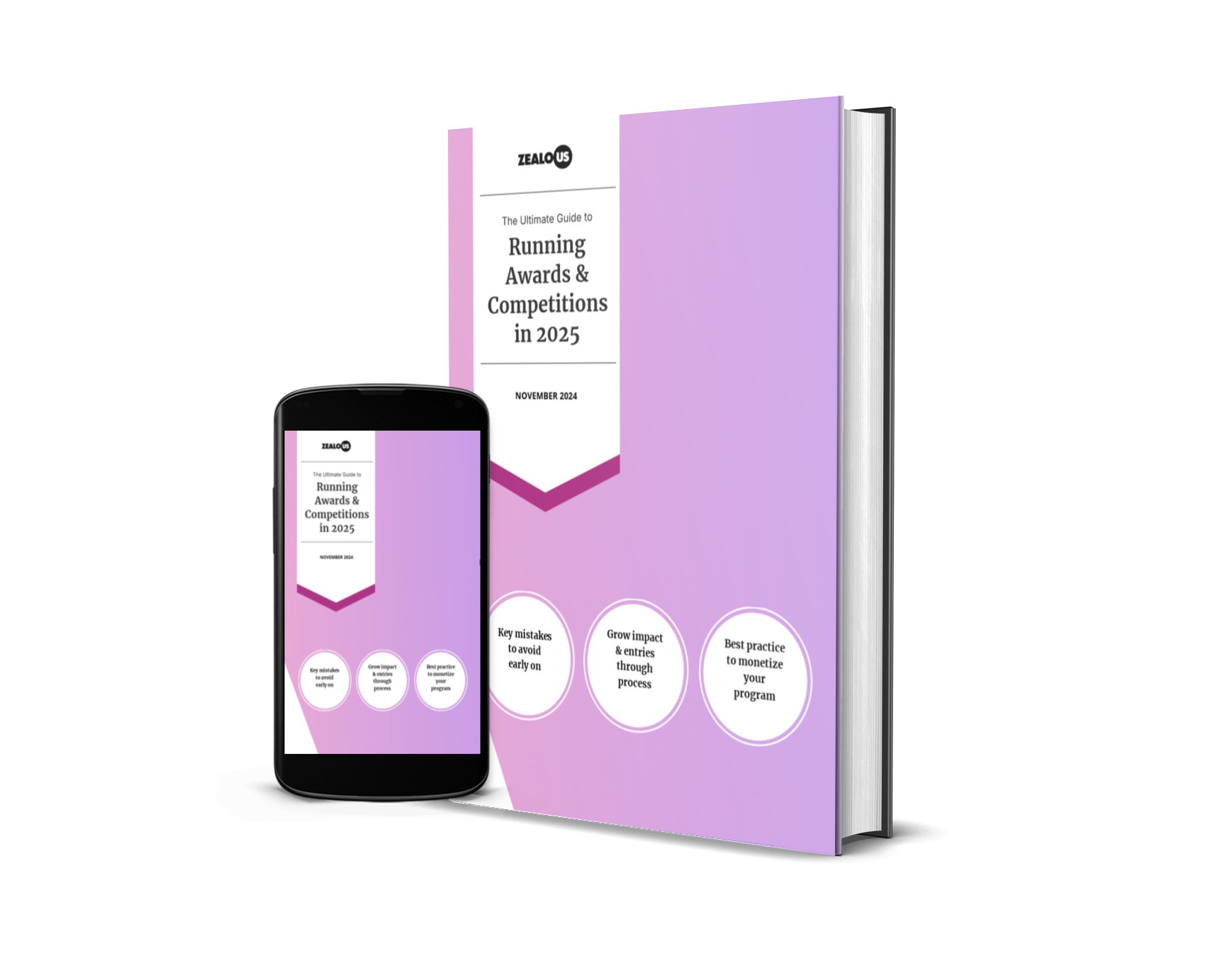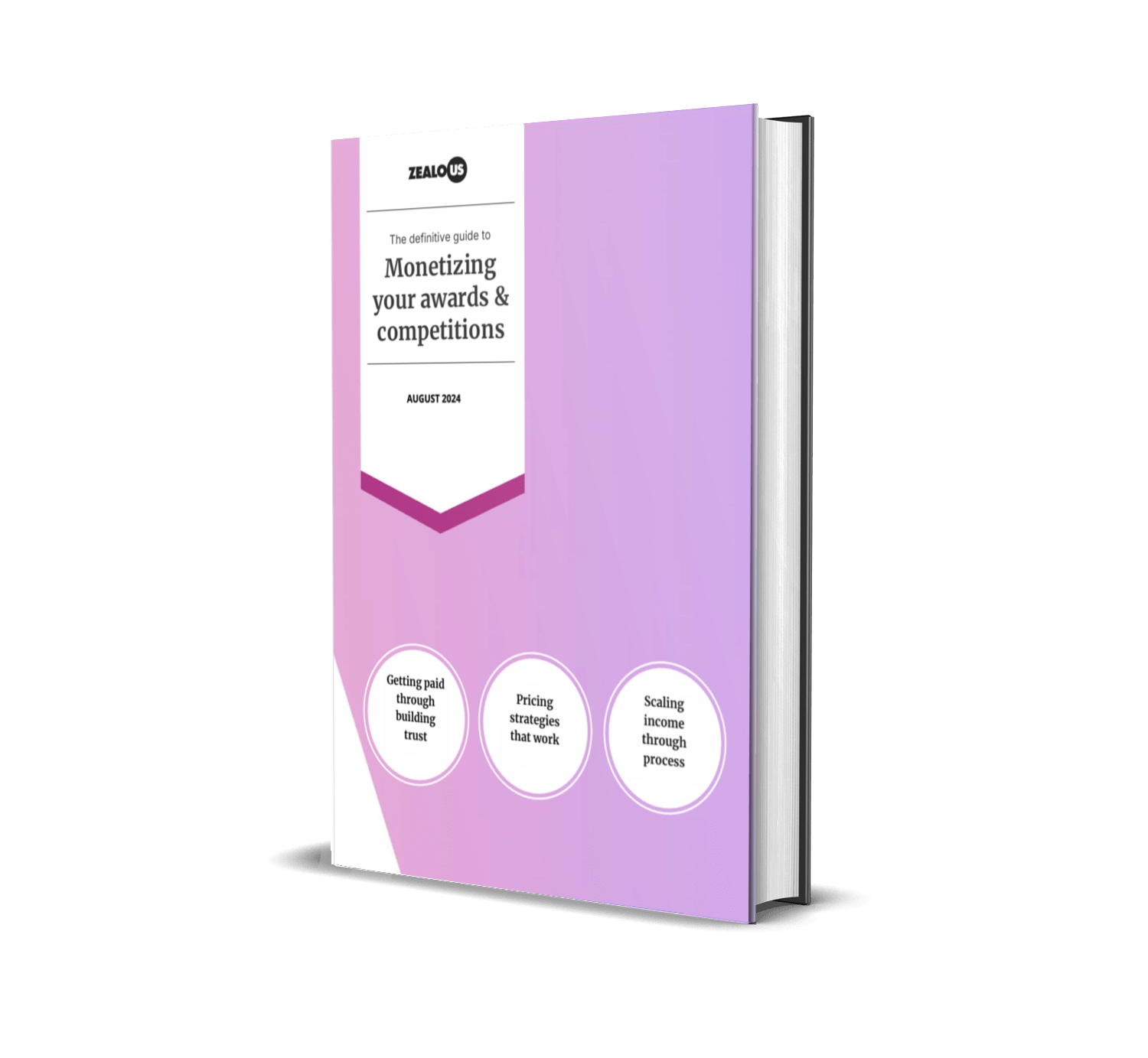This article covers:
- Figuring out why you are running the programme
- Working out who should submit and why
- Defining how success would be measured
Ask yourself why
Why are you running your programme? Are you trying to engage with your communities? Support artists? Capture data to make a case to your stakeholders?…
Your purpose will act as your guiding star across your entire process and may allow you to increase the impact of your open call. For example, if engaging with local communities is critical to your success, you may focus solely on them applying. However, there may be other ways of meaningfully engaging with those communities (e.g. inviting respected members of that community to select winners).
Creating a short statement (an elevator-pitch) to remind you and your stakeholders what you are trying to achieve will help you steer your course to achieving your goals. e.g. An award celebrating emerging talent from across the creative industries in the UK.
Fostering diversity & inclusion
If your purpose is to support a specific community of which you are not a member, it’s worth sanity checking your statement with members of that community.
Who should submit?
Knowing who you are targeting will inform every facet of your planning. It helps shape your language, imagery, process and more.
Ensuring you define your demographic before you start will give you a reference point for each decision you make. These are usually loosely defined on location, demographic, age, etc. You might also consider using segments defined by your stakeholders (e.g. Audience Agency spectrums) or depend on already defined ones that you use within your organisation.
Fostering diversity & inclusion
Defining who you want to submit goes a long way to make you think about how inclusive you will be.
But watch out this can be a double-edged sword. For example, focusing on age may create discrimination when supporting emerging talent (they might start late).
Let’s talk about money
Love it or hate it, you need money to run your programme. But your primary purpose cannot be making money – candidates will read right through your motives and are unlikely to submit; they may even flag you as a scam to their network.
Define your purpose that serves those who are submitting to your programme first, then think about the money. If you think about the money first and then create a purpose around it, candidates will immediately see your motive is solely self-serving.
The same holds for those shy to ask for payment – money is necessary to grow your impact. Asking for a donation, as opposed to a fee – and allowing people to submit for free will allow you to make additional revenue and increase the positive impact you have on your community.
Fostering diversity & inclusion
Asking for mandatory payment will automatically discriminate against lower-income communities. Making your fee optional or giving some submissions for free can allow you to hold onto a revenue stream and allow for wider participation.
How will you measure your success?
Going on a journey without a clear destination will only lead you to get lost.
Having an understanding of what you want to achieve at this point will help define future decisions. Based on our experience, your goals are likely to be a mixture of the following:
Awareness – exposure to your programme across all media, within your communities.
Audience growth – meaningful new contacts created (e.g. no. of submissions), and how many actively engage with you beyond the programme.
Financial – e.g. additional money you have made running the programme
Social Impact – e.g. positive stories generated by winners of your programmes a year after it ran
Diversify who you serve – e.g. diversity and inclusion metrics for candidates who submitted, audiences engaging with your exhibition, etc.
Engaging with your audience – e.g. how many of your contacts have engaged with you based on your running your programme
Fostering diversity & inclusion
Including diversity metrics in your goals reminds you of the importance of diversity to the success of your programme.
Why should candidates submit?
Time is the most precious thing we own. Even if submitting to your programme is free, you will be asking candidates to invest their time in applying.
You only have a few seconds to make a case for them to submit. Boiling down what’s in it for candidates into a concise statement will form the basis of your pitch to possible candidates. This statement should fit a tweet (280 characters) and still have room for a call to action and link.
At this stage, making candidates curious is better than losing them to a paragraph of text.
Be celebrated as the future of British design, get a chance to be seen the UK’s most prominent creative institutions & win £1,000 – find out more here – https://bit.ly/3fe1yoi
175 characters
Fostering diversity & inclusion
Beware of systemic discrimination. If your pitch is a show in central London, some communities can’t afford to travel. The same can be said of having to invest too much time submitting to uncertain pursuits.
Finally
With so much to think about, you might end up with analysis paralysis. At this point, don’t overthink it, these are the wide brush strokes and these can evolve as you shape your process.
Let us know you want us to write more content like this with a love!
Share

Guy Armitage is the founder of Zealous and author of “Everyone is Creative“. He is on a mission to amplify the world’s creative potential.

